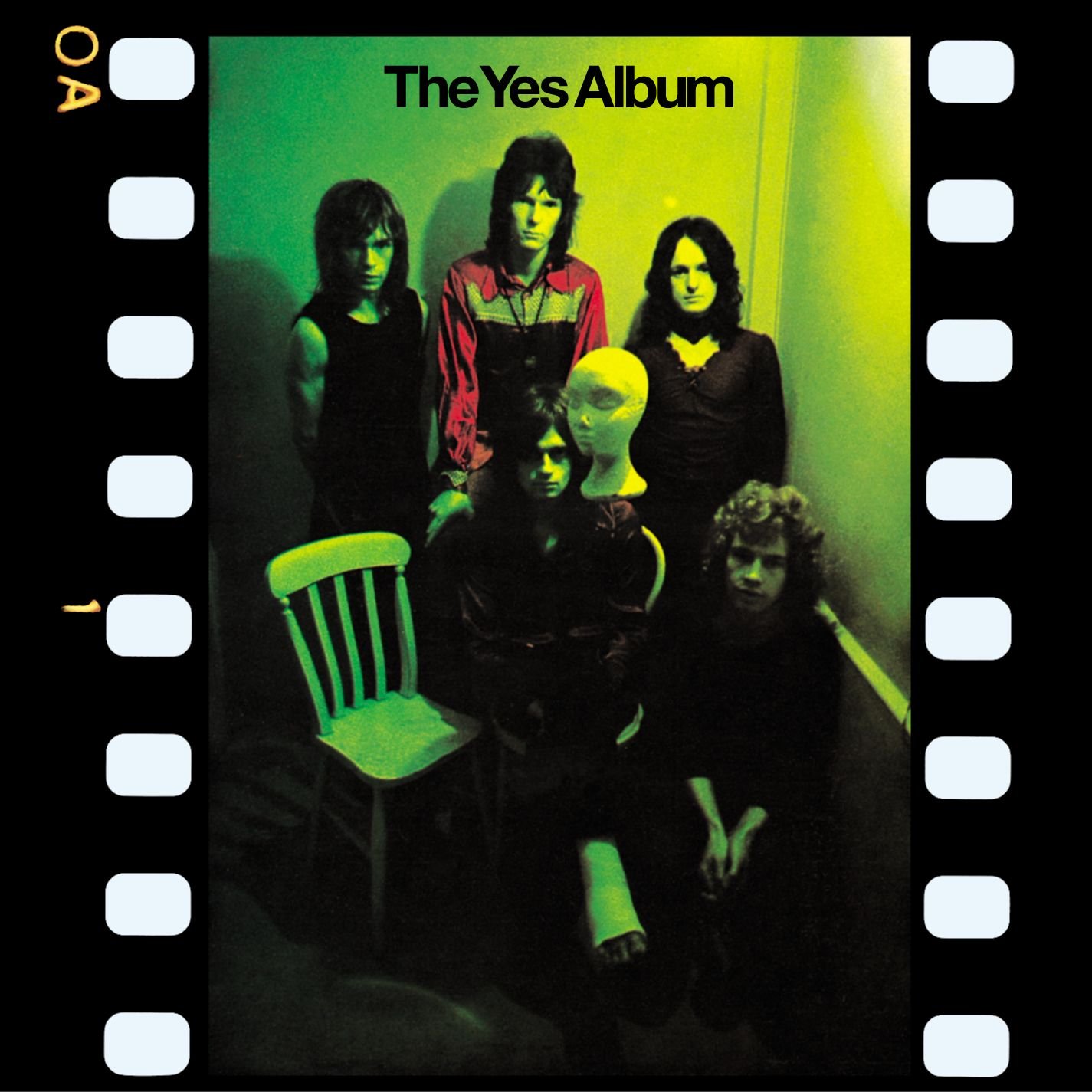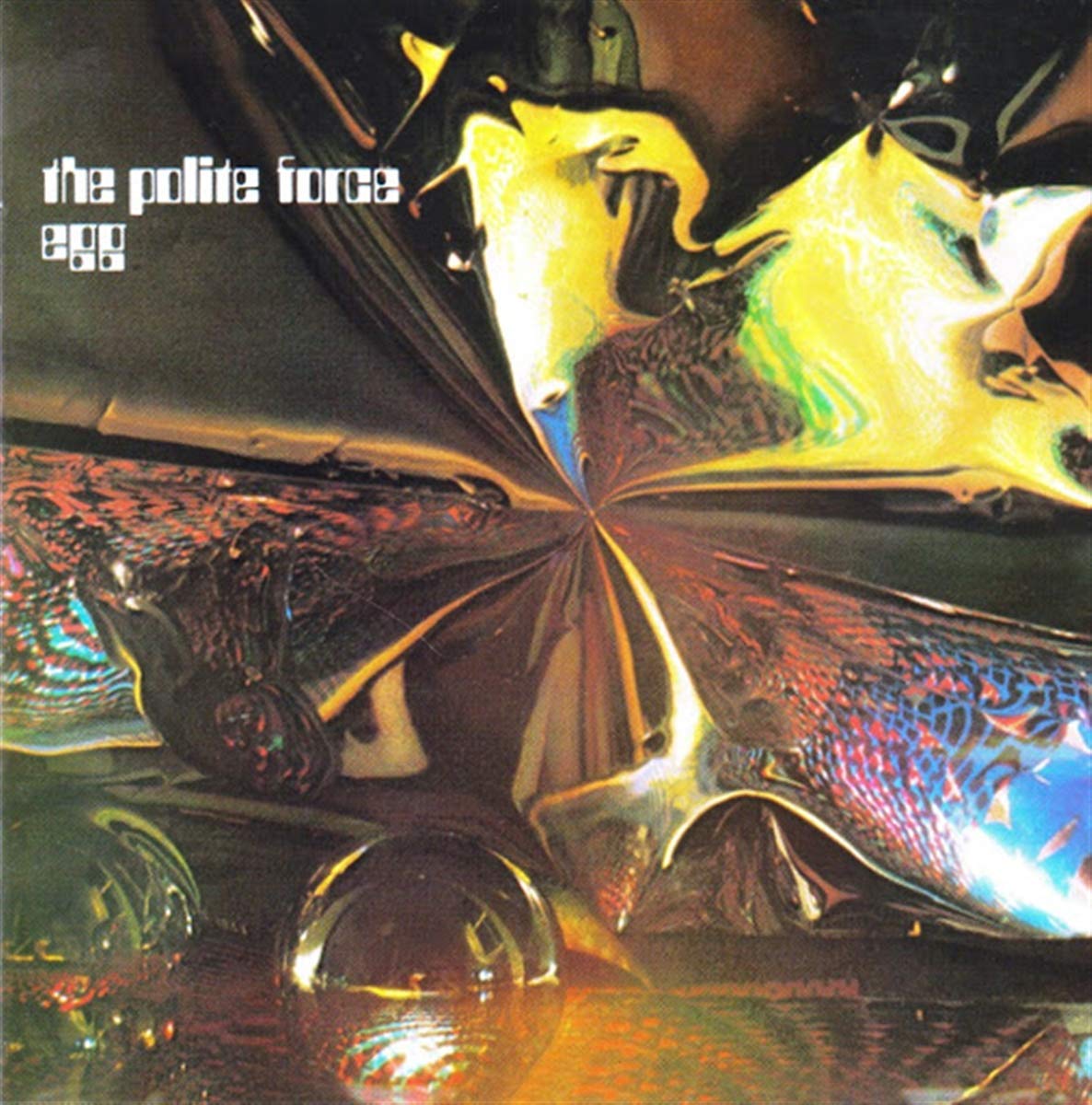Fifty Year Friday: February 1971

Yes: The Yes Album
With addition of Steve Howe replacing Peter Banks on guitar, The Yes Album, released on February 19, 1971, is the first truly full-throttle Yes album, essential to lovers of both rock and progressive rock. The album’s first track, “Yours is No Disgrace”, unfolds much like one of those classical music gems of 19th century nationalism creating a sense of expectation of musical discovery or an exploratory musical journey, starting with Bill Bruford on drums reinforcing Chris Squire’s bass line (giving it a particular metallic edge) joined by a counter-motif from Tony Kaye on organ that shifts into the opening melodic passage soon joined by propelling, exhilarating guitar work from Steve Howe. Vocals, and a corresponding new musical section, arrive and within the first two minutes the album establishes its essential place in rock music history. Thematic contrast, thematic transformation, and thematic development are all present in the remainder of the track, but even more important the music is strikingly interesting and compelling.
The rest of the album is just as essential and compelling with Steve Howe live on solo guitar on “The Clap”, the landmark “Starship Trooper” which still gets airplay today, fifty years later, the accessible “I’ve Seen All Good People”, an edit of which received heavy AM airplay in the last three months of 1971, the bouncy and engaging “A Venture” which looks both backward and forward to their previous and their next albums, and the near-epic “Perpetual Change”, with its soaring, recurring bridge section that connects the two main melodies and the contrasting middle section with its first part a jazz-like guitar excursion and the second part another of those distinct Bruford/Squire pairings that represents one of the most identifiable aspects of the classic Yes sound. As with their next two albums, this album thrives on repeated listenings and never disappoints when revisited, whether five years later, fifteen years later, or fifty years later.

Carole King: Tapestry
Although, The Yes Album is my personal favorite, by far, of February 1971, my admiration for Carole King’s Tapestry, her second solo album, released February 10, 1971, and containing one strong track after another, is unbounded. It wasn’t so cool as a sophomore guy in high school to be a fan of artists like Carol King, Joni Mitchell or Carly Simon, but thank goodness these albums were in the record collections of some of my female friends and it didn’t take much to fall in love with this music. Tapestry is possibly without equal in its commercial impact, and the resultant empowering of woman singer songwriters, garnering Grammys for Album of the Year, Song of the Year (composition), Record of the Year (single performance/production) and the category of Best Pop Vocal Performance, Female. Although “You’ve Got a Friend” is arguably the best composition, “So Far Away” is my personal favorite. How about you? What’s your favorite track?

Miles Davis: Tribute to Jack Johnson
In 1969, Miles Davis boldy proclaimed “I could put together the greatest rock ‘n roll band you ever heard,” and in spirit and attitude, this is definitely Miles Davis’s truest pure rock album even if it doesn’t overshadow all the rest of the fine rock albums of the 1970s. Davis is backed by talented jazz musicians, and though Davis and Teo Macero are primarily responsible for the finished product, the rock essence of the album is also largely due to the rhythm section of Michael Henderson and Billy Cobham with Jon McLaughlin on electric guitar the sum of which concretely establish the undeniable rock textures of this album. This isn’t song-oriented or prog rock, but closer to the blues-rock excursions of Hendrix and his Band of Gypsies.
For both tracks on the original LP, the chords changes are minimal, providing maximum freedom for the improvisors. Particularly interesting is side one where the piece stays in the chord E (or E7) major for the first several dozen bars with Miles making an impressive entrance playing some of the the hardest-edge trumpet imaginable. Often mentioned about this track is when McLaughlin modulates from E to B-flat (the most distant key — with tonic centers a tritone apart) and bassist Michael Henderson continues to stay in E creating an unintended but serendipitous dissonance for several bars until Miles Davis aggressively emphasizes the current key of B-flat, at which point Henderson catches up with the rest of the musicians. Macero edited the two tracks totaling around 53 minutes of music on the album from over six hours of original source music. To access the original source music one can purchase or listen to the 5 CD Complete Jack Johnson set of these sessions available on streaming services like Spotify.

There are several other notable albums including Soft Machine’s jazz-based first all-instrumental fourth album, Fourth, Egg’s mostly instrumental, often-engaging, and always progressive The Polite Force with its wonderful mixed-meter second track “Contrasong” and exploratory, also mixed meter, second side with “Long Piece No.3” parts one, three, and four being particularly notable, Earth, Wind & Fire’s self-titled positive-vibe, love-infused first album, Rita Coolidge’s self-titled debut album, Barbra Streisand’s first foray to engage a younger, hipper audience, Stoney End, Carly Simon’s first album, Carly Simon, and David Crosby’s distinctly Crosby-like debut solo album, If I Could Remember My Name.